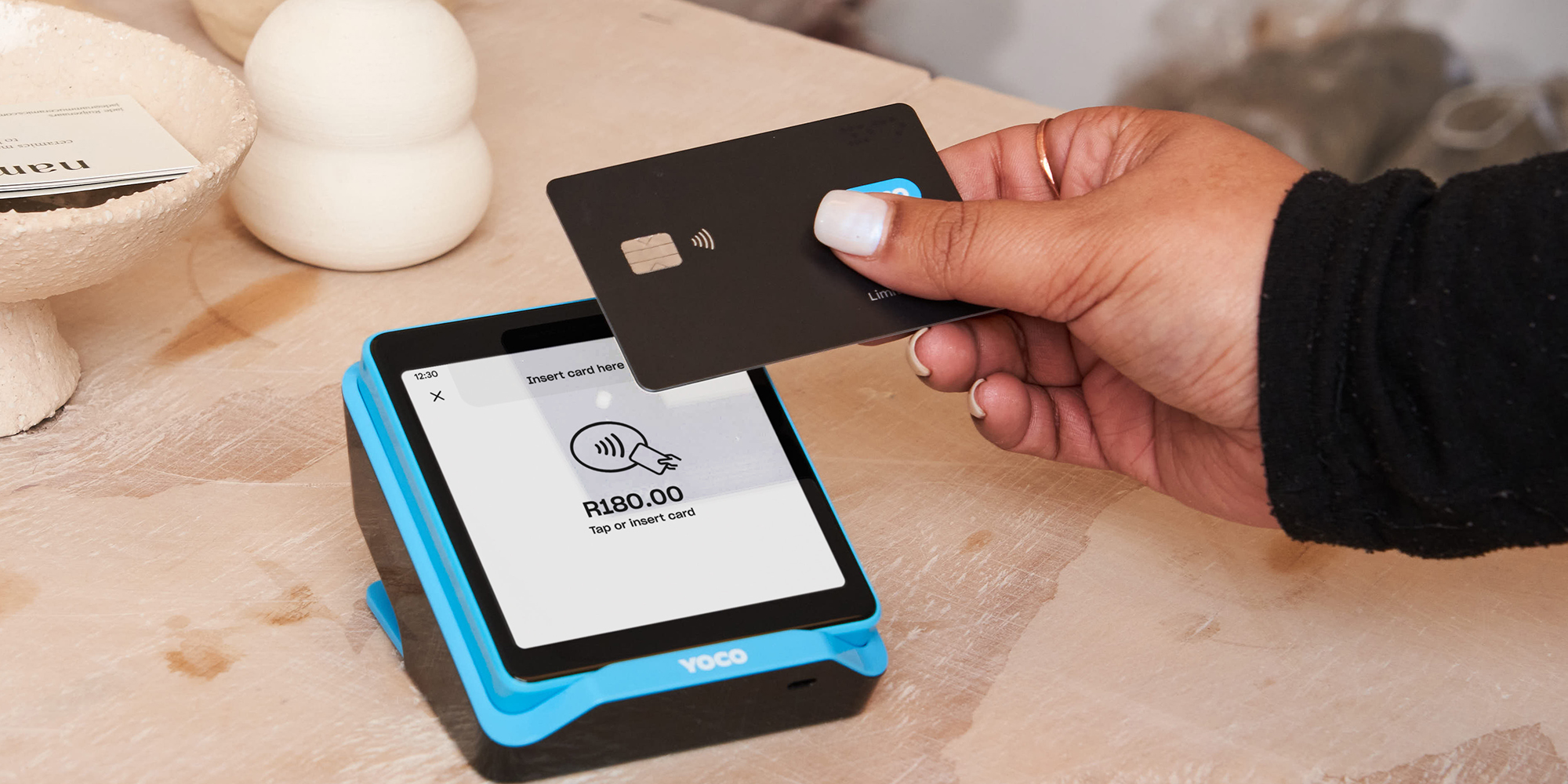https://www.youtube.com/watch?v=THrESxihaNU
As is so often the case, the idea that Woolies would soon only accept cards turned out to be only a tiny bit true.
The source of the rumour seems to have been a viral tweet, now viewed close to 2 million times. The tweet consisted of a photograph of Woolies signage saying: “From 16 January 2024 we will no longer accept cash, as we’ve joined a global responsible business initiative that prioritises customer and staff safety. We’re sorry for any inconvenience”.
The person who tweeted this made their dissatisfaction with Woolworths clear, and it didn’t take long for hordes of others to jump on the bandwagon.
Woolies speedily clarified that it is only Woolworths Cafes which are going cashless from mid-January, not Woolies supermarkets.
But even that decision has caused a surprising amount of anger. It’s also prompted some fairly interesting discussions about whether it is even legal for a chain like Woolies to stop accepting cash in even a small part of its business: after all, cash is legal tender.
It turns out, the principle is similar to the sign carried by many establishments saying “right of admission is reserved” — Woolies does have the legal right to determine how they want you to pay in their shops.
They also, incidentally, have a very good reason for partially cutting out cash — and that is the insane risks attached to transporting money in this country currently, which also makes it an extremely expensive business. Cash in transit heists surged nationally last year, they’re also one of the most violent forms of crime.
But though the legal issue may be relatively clear cut, there’s a moral complexity here: that’s the fact that the poorer you are, the less likely you are to have access to debit or credit cards. This is also the case for many undocumented foreign nationals.
According to a 2021 paper by the Stellenbosch Business School, there are around 11 million people in South Africa who rely almost entirely on cash. You may legitimately say that they are also unlikely to be the target market for Woolies Café’s extremely expensive avocado toast, but it’s the principle of the thing.
There is also an element of conspiratorial thinking in all of this: some people just don’t like using cards because they’re fundamentally opposed to the idea that The Man is tracking them in some way.
The bad news is that your phone already has you under far more rigorous surveillance. DM





